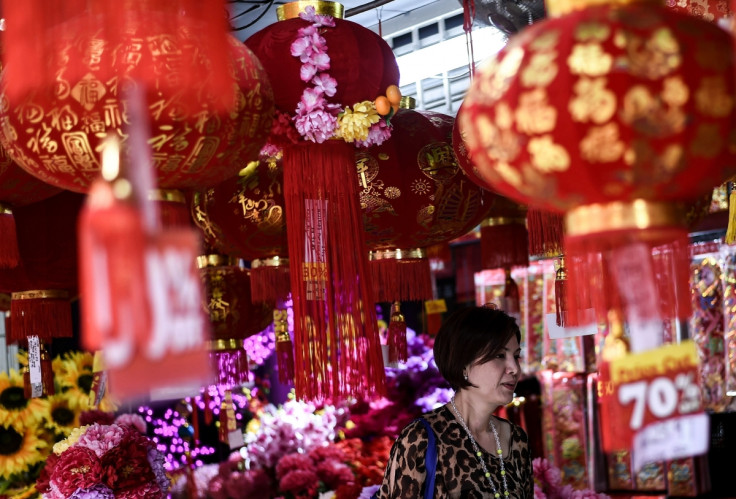Chinese New Year 2016: Spring Festival gala Chunwan is most-watched musical festival on earth

The Chinese Spring Festival Gala has been broadcast by channel CCTC since 1983, since when it has become an annual fixture for most Chinese families on the eve of Chinese New Year, and one of the biggest broadcasts in the world. Chinese New Year's Eve is the most important night in the Chinese calendar, when family members come together to bid farewell to the old, and welcome in the New Year.
The organising committee for the Spring Festival Gala has released the full rundown for the four-and-a-half hour performance. In total, there are 39 separate items during the gala. The programme features songs, dances from across the country, along with comedy sketches, and magic.
This year's event will be staged at five difference venues, with Beijing being the main one.
Food and envelopes
People from the northern part of China typically eat dumplings as their special dinner during Spring Festival. Families and friends get together during the first week to make dumplings. Sometimes people put a coin in one of the dumplings, for luck. The person who eats the lucky dumpling will have good fortune in the coming year.
People from the southern part of China eat Niangao as their special dinner. Niangao is a type of rice pudding made of glutinous rice flour, wheat starch, salt, water and sugar. The pronunciation of Niangao is a homophone for a word that means "a more prosperous year".
During Chinese New Year or the Spring Festival, elder Chinese family members usually prepare red envelopes for children and younger family members. The red envelopes, also called Hongbao, symbolize good luck and are believed to help ward off evil spirits. In South China, red envelopes are given by the married to the unmarried. In the northern parts of China, red envelopes are given by elders to children and teenagers.
People in both the south and north of China celebrate Xiaonian, which is considered an eve of the Spring Festival. In the north, people celebrate on the 23rd day of the year's last lunar month, but people from the southern part of China usually celebrate the Xiaonian Festival the night before Lunar New Year's eve.
© Copyright IBTimes 2025. All rights reserved.






















